Crafting Perfect Research Topics & Questions: Examples Inside
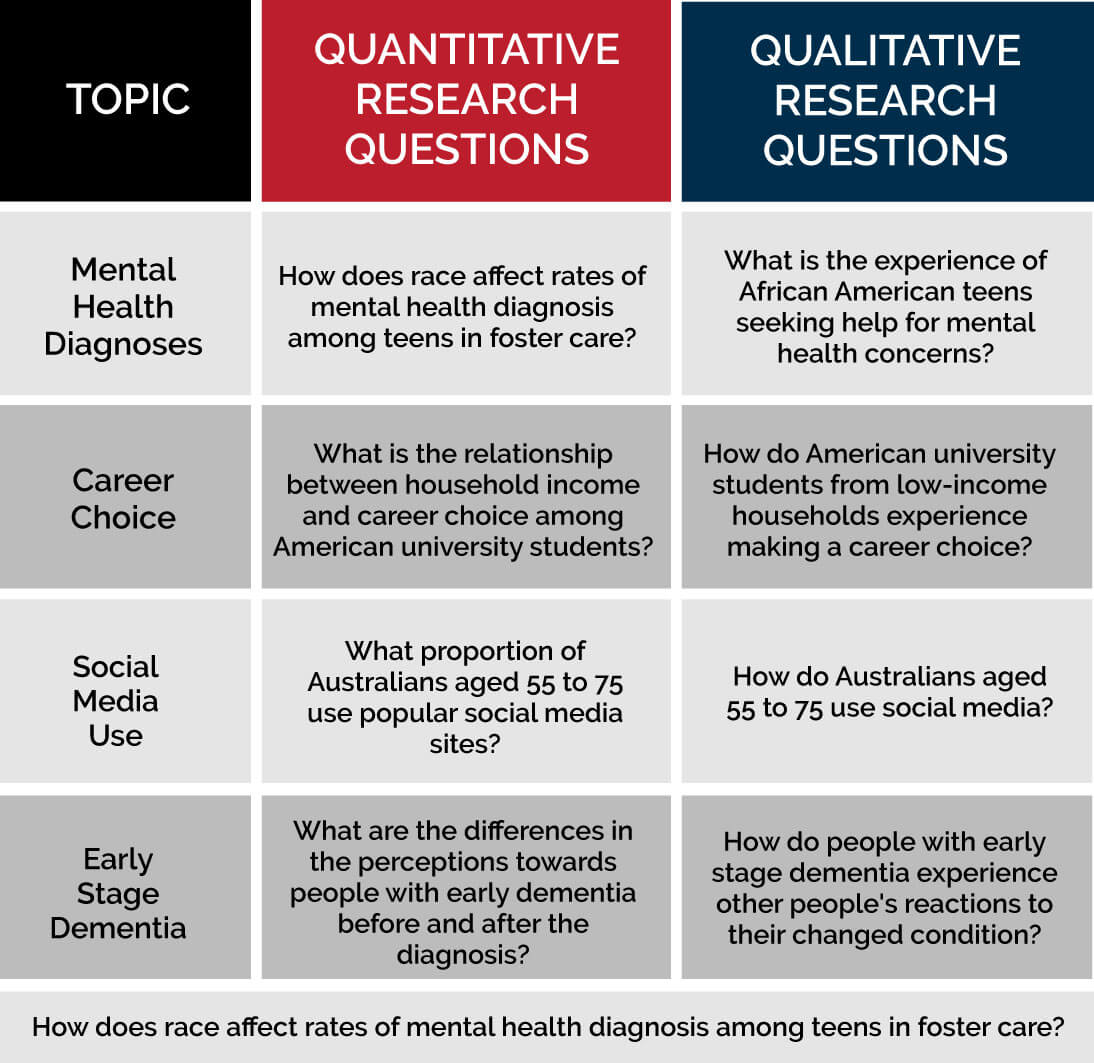
Crafting the perfect research topic and question is the cornerstone of any successful academic or professional inquiry. Whether you’re a student, researcher, or professional, the clarity and relevance of your research question can make or break your project. This guide will walk you through the process of formulating compelling research topics and questions, complete with examples to inspire your next endeavor.
Understanding the Importance of Research Topics and Questions
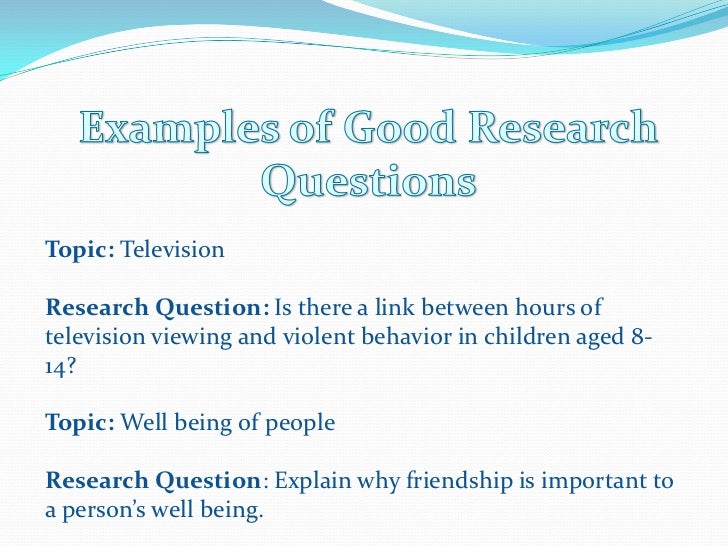
A well-crafted research topic sets the direction for your study, while a precise question narrows your focus and guides your methodology. Together, they ensure your research is both meaningful and manageable.
Why It Matters
- Clarity: A clear topic and question prevent scope creep.
- Relevance: They ensure your research addresses current issues or gaps in knowledge.
- Engagement: Well-defined questions capture the interest of your audience.
Steps to Crafting Perfect Research Topics

1. Identify Your Area of Interest
Start by exploring broad areas that fascinate you. For example, if you’re interested in environmental science, consider topics like climate change, biodiversity, or renewable energy.
2. Review Existing Literature
Scan academic journals, books, and articles to identify gaps or controversies in your field. This step ensures your research adds value.
📌 Note: Use tools like Google Scholar or JSTOR for comprehensive literature reviews.
3. Narrow Down Your Focus
Refine your topic to make it specific. For instance, instead of “climate change,” focus on “the impact of urban green spaces on local climate.”
Formulating Effective Research Questions
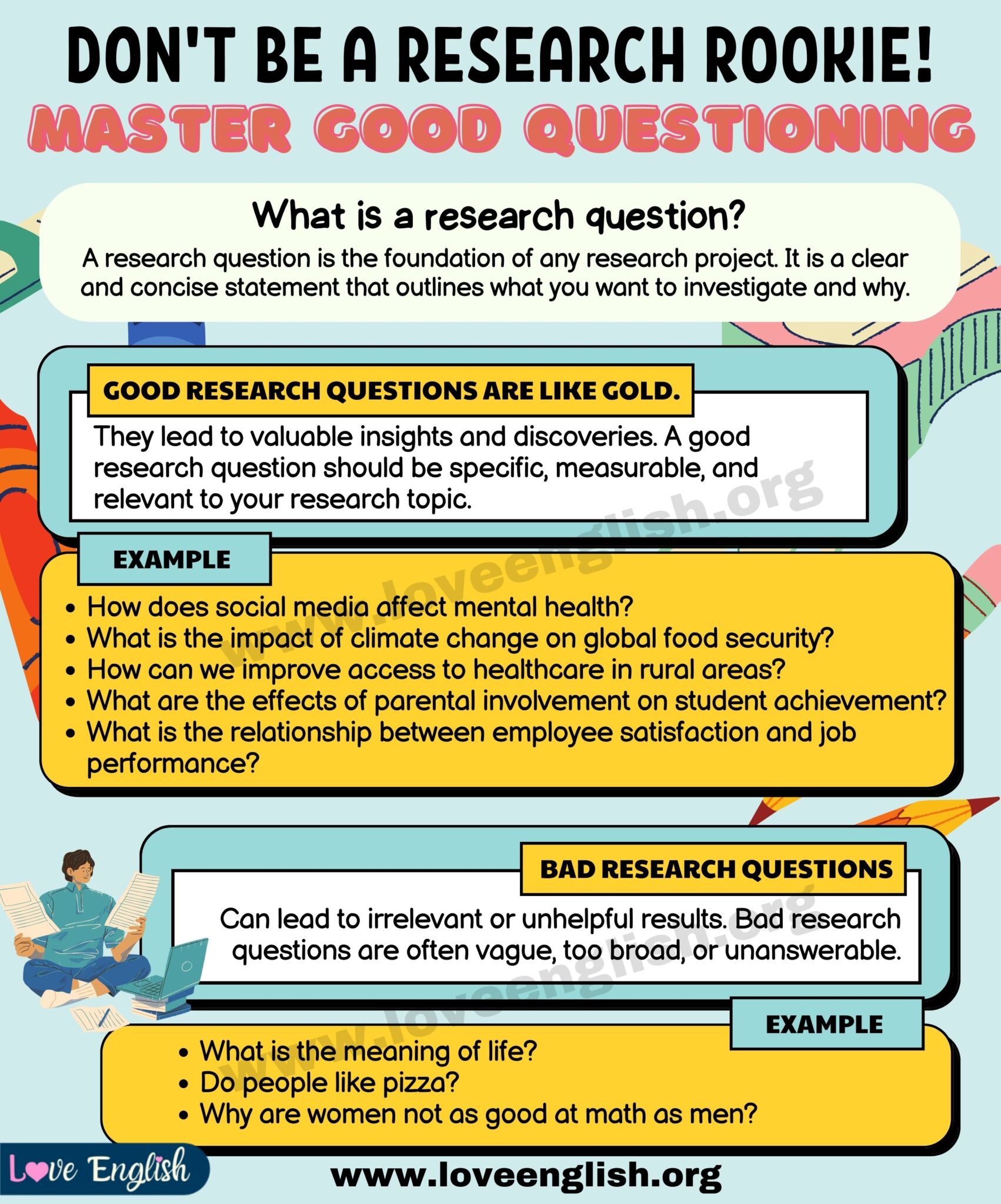
1. Use the 5 Ws and H
Incorporate who, what, when, where, why, and how to structure your question. For example:
- What is the effect of urban green spaces on local temperatures?
- How do renewable energy policies impact rural communities?
2. Ensure Feasibility
Your question should be answerable within your time, resources, and scope. Avoid overly broad or complex questions.
3. Align with Your Objectives
Your question should directly support your research goals. For instance, if your goal is to propose solutions, frame your question accordingly: What strategies can reduce carbon emissions in urban areas?
Examples of Research Topics and Questions
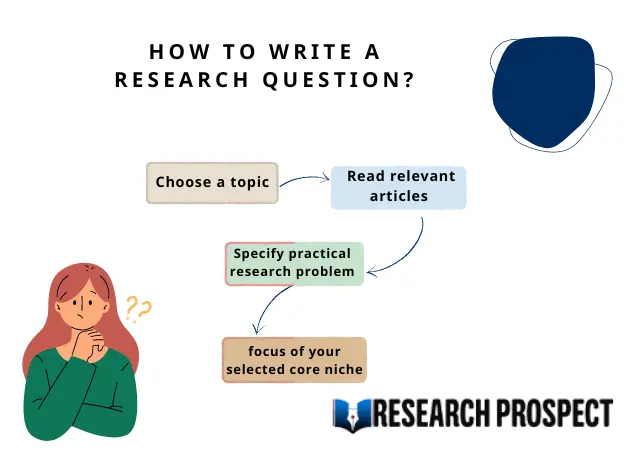
| Field | Topic | Research Question |
|---|---|---|
| Education | Impact of technology on student learning | How does the use of tablets in classrooms affect student engagement? |
| Healthcare | Mental health in the workplace | What are the most effective workplace policies for reducing employee stress? |
| Technology | Artificial intelligence in healthcare | How can AI improve diagnostic accuracy in medical imaging? |

Checklist for Crafting Research Topics and Questions
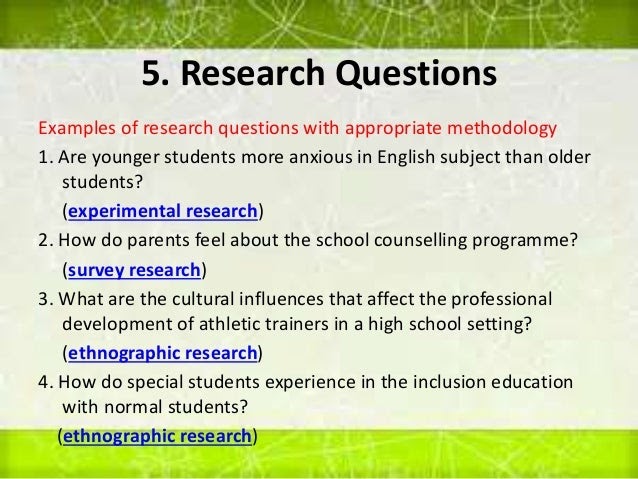
- Is the topic specific and focused?
- Does the question address a gap in knowledge?
- Is the question feasible and aligned with your goals?
- Does it engage your target audience?
By following these steps and using the provided examples, you’ll be well-equipped to craft research topics and questions that stand out. Remember, the key is clarity, relevance, and feasibility.
How do I know if my research topic is too broad?
+If your topic covers too many areas or lacks a clear focus, it’s likely too broad. Try narrowing it down to a specific aspect or population.
Can I change my research question during the study?
+Yes, but only if it’s necessary and justified. Minor adjustments are common, but major changes may require revisiting your methodology.
What if I can’t find enough literature on my topic?
+Consider broadening your search terms or exploring interdisciplinary sources. If the gap persists, it may indicate an opportunity for original research.
research methodology,academic writing,literature review,research questions,topic selection,keyword/title,keyword/title,etc.



